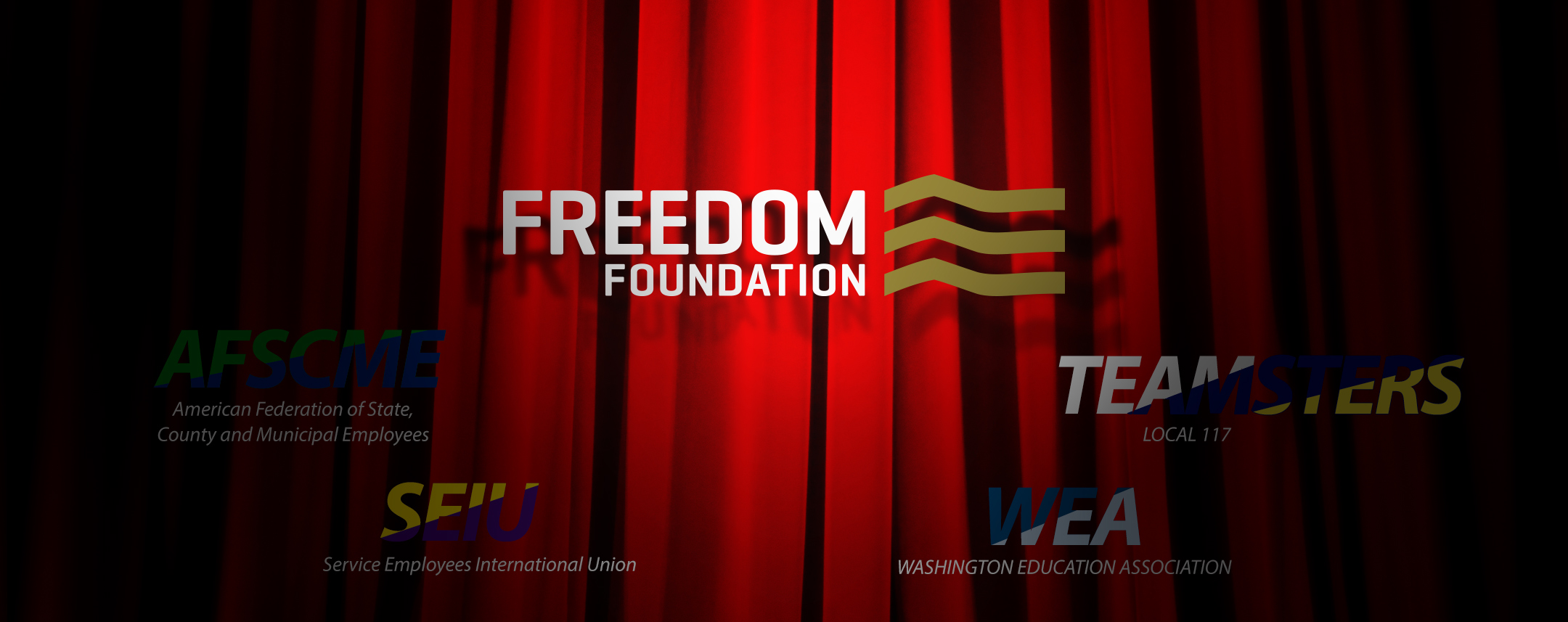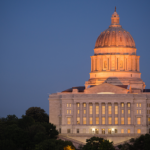TV news crews scheduled to work on Monday no doubt arrived at their stations expecting they’d be told to produce a Labor Day story. But of course, that’s never a problem.
After all, unionized state workers were having their annual picnic that afternoon in Tumwater. What could be easier than filming happy people banging tambourines and singing about how miserable they’d be without the benevolent support of their union? Throw in a few bland sound bites from the shop steward and you’ve got two and a half minutes of minimally usable material for the evening newscasts.
That’s when the Freedom Foundation stepped in to change the narrative.
This past spring, staff members voted unanimously to work on Labor Day and instead take off the previous Friday, which we would call “Right-to-Work Day.” The point was that it would seem hypocritical to spend the rest of the year fighting the excesses of organized labor and then take a day off to celebrate them.
And just to reinforce the idea, we sent news releases detailing our plans to the media and, sure enough, they loved the prospect of covering a story with a little genuine controversy for a change.
By noon, camera crews from both KIRO-TV and KING-5 had trooped through the Freedom Foundation’s offices and filmed reports on what they dubbed our “work-in.” Links to their features are here (King 5) and here (Kiro).
What’s more, print and online media—including national outlets—picked up the story.
A random sampling of the coverage includes:
- Labor Day Brings Focus to Economy, Declining Union Membership (Fox News)
- Conservative Group Didn’t Take Labor Day Off. They Chose to Do Something Else on the Holiday Instead (The Blaze)
- Conservative Group Honors Labor Day in Worst Way Possible (News Mic)
- Conservatives Protest Labor Day By Staging A Work-In (Think Progress)
- Conservative Group Protests Labor Day by Working (Opposing Views)
- Right Wing Launches Misguided Protest Against Labor Day (Seattle Times)
We also heard from the Washington Retail Association, which loved the idea and plans to include a story about our “protest” in its next newsletter.
That most of the coverage was critical, of course, is entirely beside the point. That’s just the nature of the media.
But more importantly, for one day—the most important day on organized labor’s calendar—they weren’t controlling the message. Instead of the usual gaseous tributes to unions and their “contributions” to society, the media presented an alternative point of view and the union leaders were forced to swallow bitter pills along with their picnic fare.
Now that’s something that’s really worth celebrating.












